5 Tips for Saving Water Outdoors
We’re headed into hot, probably dry, summer weather. Taking water conservation steps in your landscaping will save water– and save on your water bill. In January 2024, Greater Cincinnati Water Works’ prices went up 5.55%. These five tips will help you offset that increase by using less water.
- Choose Native Plants
- Plant Densely
- Maintain Your Irrigation System
- Install Smart Watering
- Harvest Rainwater
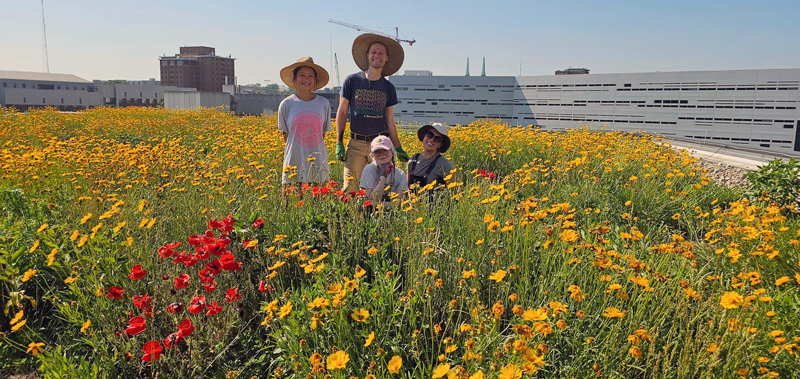
Photo courtesy Green City Resources
1. Choose Native Plants
Native plants are naturally acclimated to the Cincinnati TriState area. Unlike more delicate plants, they actually want to thrive in your landscaping! They are usually drought-tolerant and thrive with less frequent, deep watering. Here’s a good explanation:
“Many landscapes are installed with the irrigation timer set to go off three times a week for a few minutes. This is the opposite of what natives want. The roots that absorb water are in the upper 1-2 feet of soil, which means you need to apply 1-2 inches approximately once a week (quick garden math: That’s around 1-1.5 gallons per square foot of garden space).”
Most nurseries and landscaping companies have native plant options now. Our friends at Green City Resources are a great place to start. Also, see our Native Plants Resources for suggestions with photos.
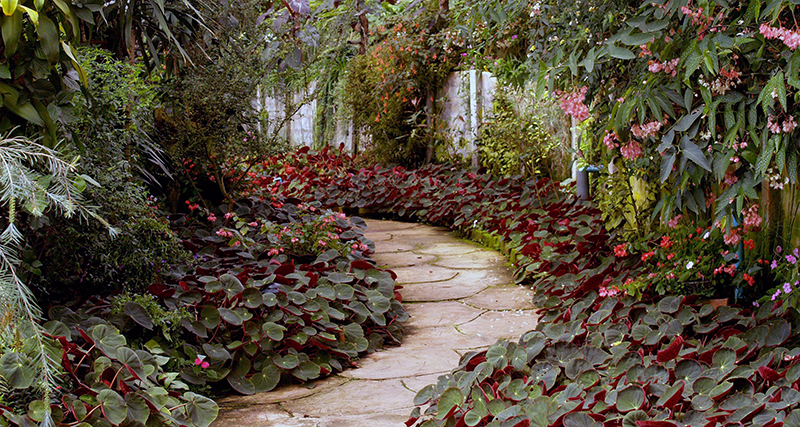
2. Plant Densely
Strangely, the more plants you include in your landscape beds, the less water you may need. Densely-planted landscaping shades the ground and helps reduce evaporation. As your perennial landscape matures, empty spaces are filled in by the bigger plants. Plus, a lush garden is undeniably beautiful (and prevents weeds from taking over). Adding fresh mulch to your landscaping each year also shields the ground from the sun’s rays.

3. Maintain Your Irrigation System
When your irrigation system was new, it was probably perfectly positioned for your lawn and landscaping. Over time, though, your landscaping has probably changed:
- new or removed flower beds
- matured trees and shrubs
- adding hardscape features to your property
Plus, regular wear-and-tear on the sprinkler system from mowing or lawn care may have knocked some sprinkler heads askew. If it’s older than five years, your irrigation system is probably in need of some maintenance. TriState Water Works’ Summer Cycle and Inspection service includes these water-saving fixes:
- Align sprinkler heads to prevent water run-off onto driveways and sidewalks: no one wants to pay for water that’s going straight into the storm drain!
- Adjust sprinkler head height to account for growing shrubs and plantings: water may not be reaching your further plants if it hits a tall bush and runs into the ground. When the sprinkler heads are the right height, you may be able to run the system for a shorter amount of time (or less frequently).
- Check for leaks: slow leaks may be hard to detect unless you’re looking for them. Leaking water is wasted water.
4. Install Smart Watering
The absolute best way to optimize your sprinkler system’s water use is through smart watering. The Hydrawise system we install and manage predicts the weather and personalizes your watering schedule for your landscaping. Our Smart Watering Resources document our customers’ experiences with saving water, along with giving a look at the app and other benefits. From our research, we’ve learned that our customers are seeing between 30% – 50% water savings. Smart watering is the top irrigation innovation we’ve seen in decades.
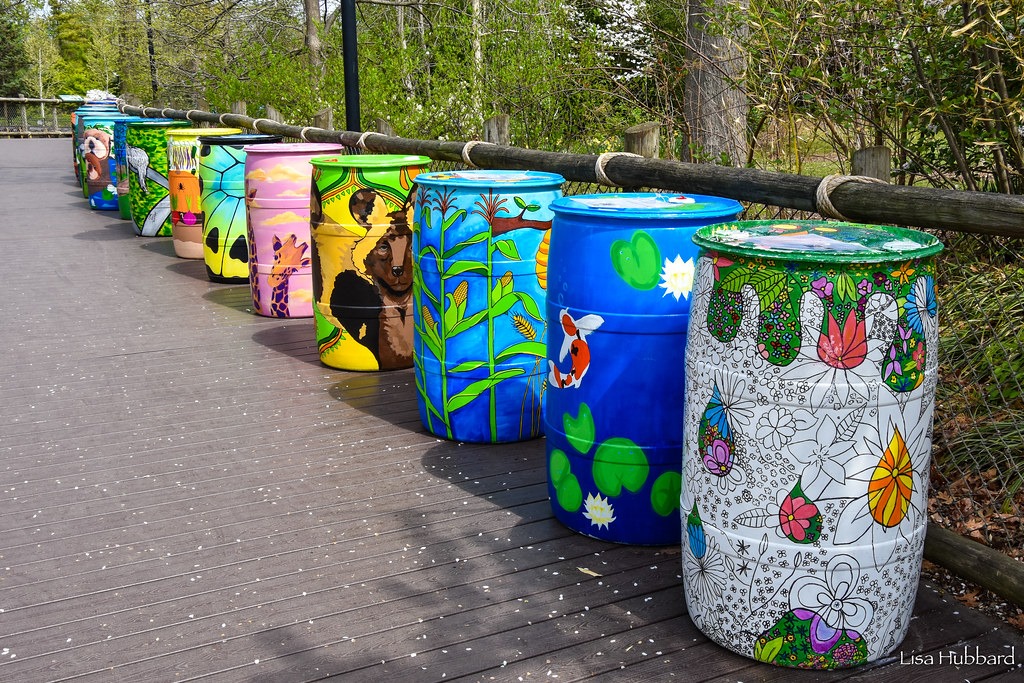
5. Harvest Rainwater
Water falls from the sky on a regular basis. Why not keep it for a dry day? Rainwater harvesting collects the runoff from your roof and saves it for irrigation use. Instead of going from gutters into the storm sewer, rainwater gets put to work. It’s important to know that this water isn’t safe for drinking, but it’s perfect for your lawn and garden.
Plus, you’ll finally be able to participate in the Rain Barrel Art Auction at the Cincinnati Zoo! SaveLocalWaters.org puts on this event each March and April, with the proceeds benefiting local environmental education.
At TriState Water Works, we’re full of ideas for saving water. Check out our previous tips on our Water Conservation Resources page. And if you’re ready to optimize your sprinkler system’s water use, contact us to start the conversation.

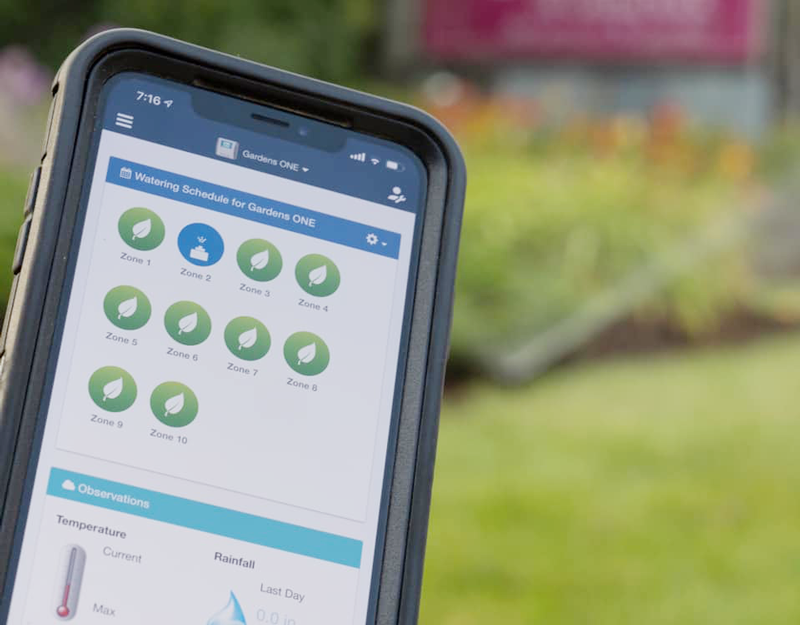
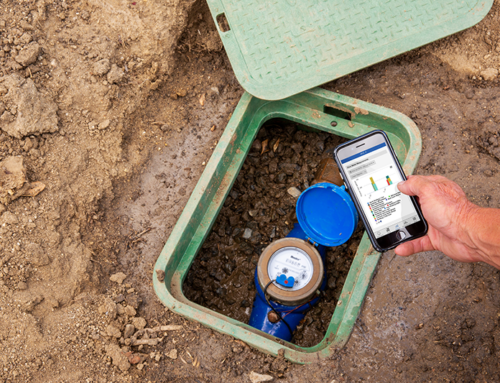

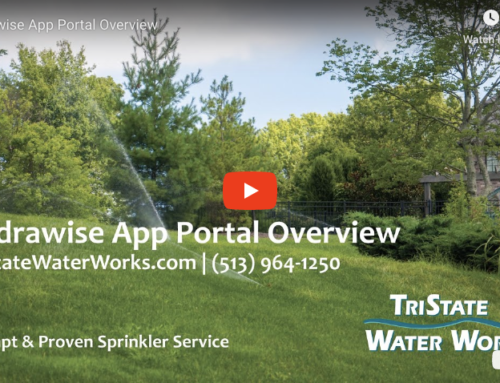
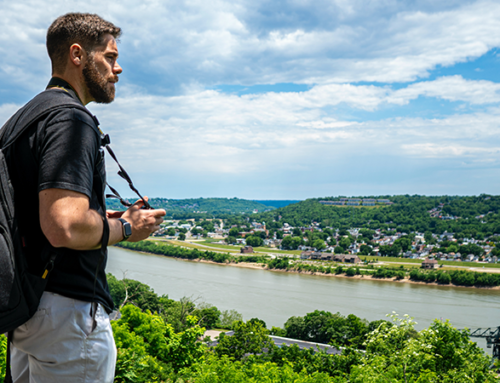


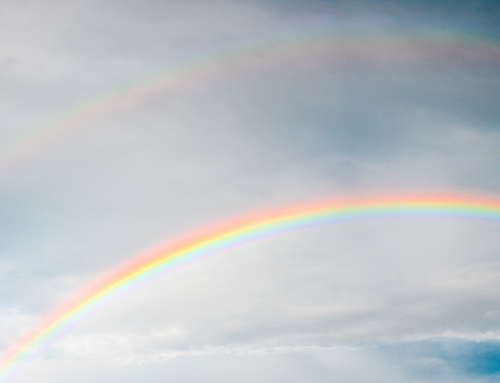
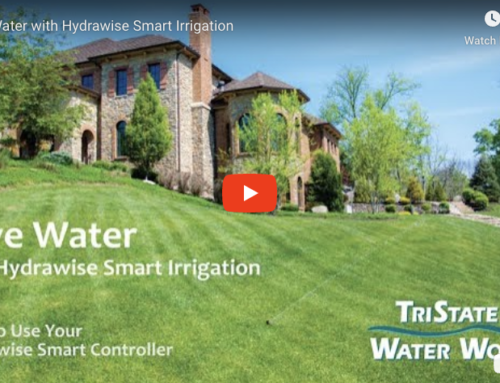
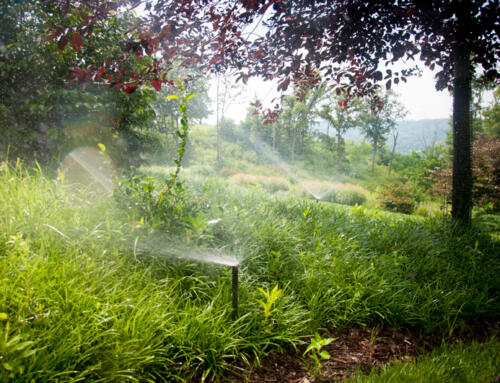

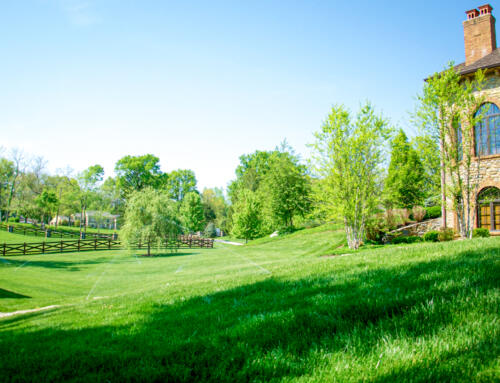
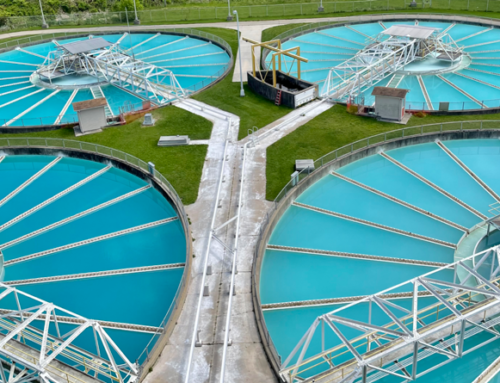
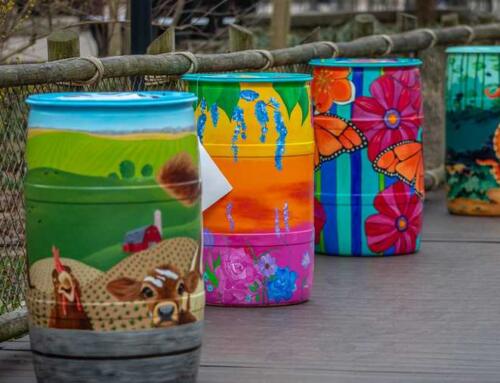
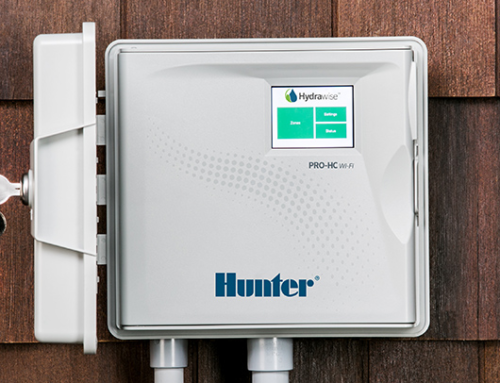
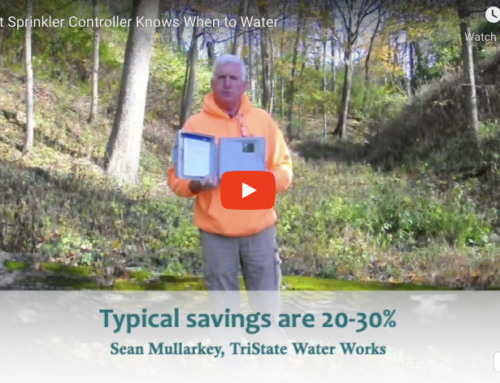
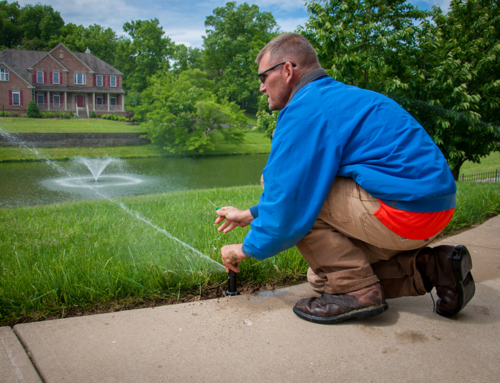
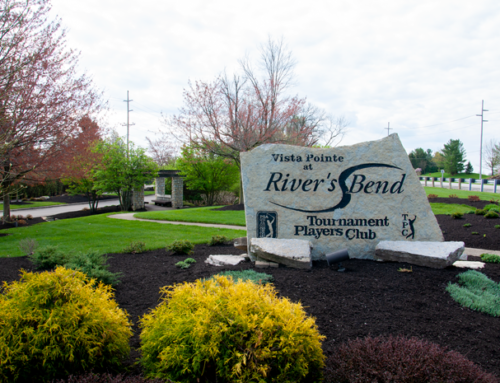

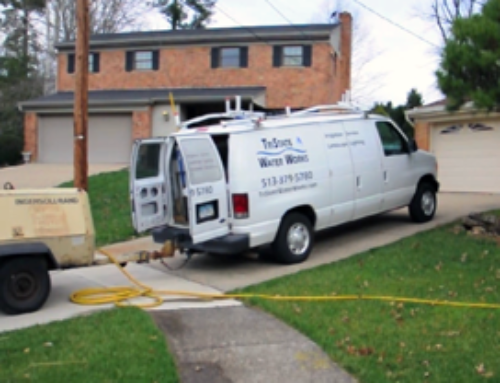
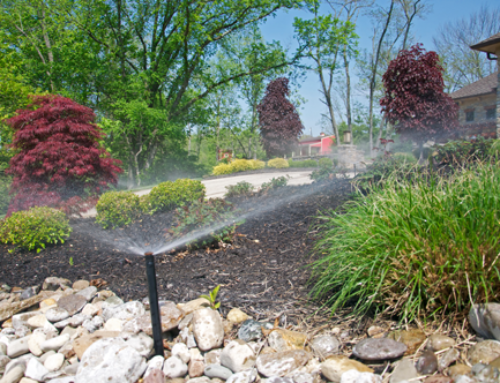
Leave A Comment